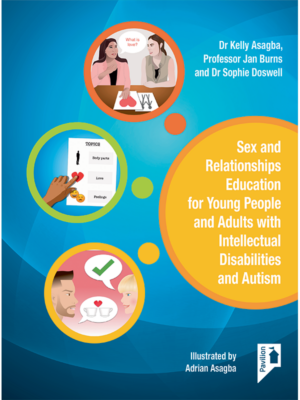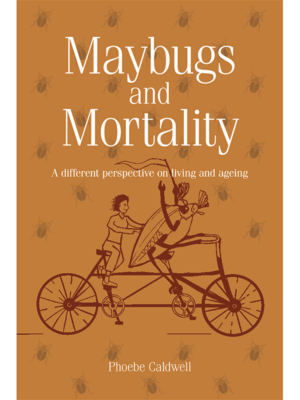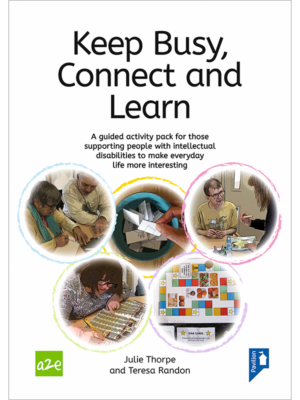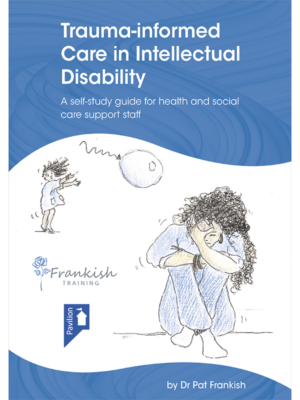Description
This handbook on personalisation is specifically for those working with people with learning disabilities. The 16 chapters, written by various contributors, give readers an insight into what personalisation means in practice.
Divided into three sections, Part one focuses on leaders by experience, Part two explores creating the conditions and Part three examines the broader picture and what’s next for personalisation. Together, the three sections consider the experiences and reflections of individuals and groups who are directing their own support, and how self-directed support changes the responsibilities, roles and relationships of people surrounding the person. They also consider the changing system and what needs to happen for personalised services to succeed.
Audience
Staff in learning disability services who require practical guidance in ‘personalising’ their practice
Details
ISBN: 9781908066138
Publisher: Pavilion Publishing and Media
Content:
Foreword by Nicola Smith; Introduction; Extended case study 1; Home
Section one: Leaders by experience;
Chapter 1: Leading through experience: remembering who personalisation belongs to, Tricia Nicoll;
Chapter 2: Leading as a family, Caroline Tomlinson;
Chapter 3: Leading in health: personal health budgets, Jo Fitzgerald;
Chapter 4: The families of disabled children and self-directed support, Pippa Murray;
Section two: Creating the right conditions; Extended case study 2: Work;
Chapter 5: Ordinary people, the real leaders, Wendy Gross;
Chapter 6: What support planners need to know, Tony Bamforth;
Chapter 7: Support brokerage: how people can direct their own support and get help if they need it, Kate Fulton;
Chapter 8: Providers: what we need from them and what they need from others, Aideen Jones;
Chapter 9: Commissioners – developing the new relationship with people and providers, Clive Miller;
Chapter 10: What do we need from social workers – and what do they need from others?, Andrew Tyson;
Chapter 11: How local authorities can help to create the right conditions for personalisation, Andrew Tyson;
Chapter 12: Learning through supporting the delivery of Putting People First, Sam Bennett;
Chapter 13: Thinking about outcomes: a framework for citizenship?, John Waters;
Section three: The broader picture – what next for personalisation;
Chapter 14: Thinking whole life, Nic Crosby;
Chapter 15: Thinking community, Clare Wightman;
Chapter 16: A movement for change: the role of In Control and Partners in Policymaking, Julie Stansfield.
Author
Andrew Tyson is a health and social care practitioner based in Oxford. He works as an independent facilitator, trainer, writer and speaker, and is a registered social worker and an accredited interpersonal mediation practitioner. He has worked as a manager for around 30 years and has been a commissioner of health and social care services since 1999, mainly for people with mental health issues and for people with learning difficulties. Andrew is currently a staff associate of In Control (England), Community Catalysts and the Social Care Institute for Excellence.
Between 2005 and 2011 Andrew worked for In Control, where he had a variety of roles, including lead for the social care programme, which at one point had 120 English local authority members. He also led work on personalised commissioning, the role of professional social work and on helping people use their personal budgets to get a real job. Andrew continues to work for In Control on a number of projects, both with local authorities and with provider organisations.
Andrew has had more than 20 articles published in a range of journals. He was involved in producing many of In Control’s publications between 2005 and 2011.






Reviews
There are no reviews yet.